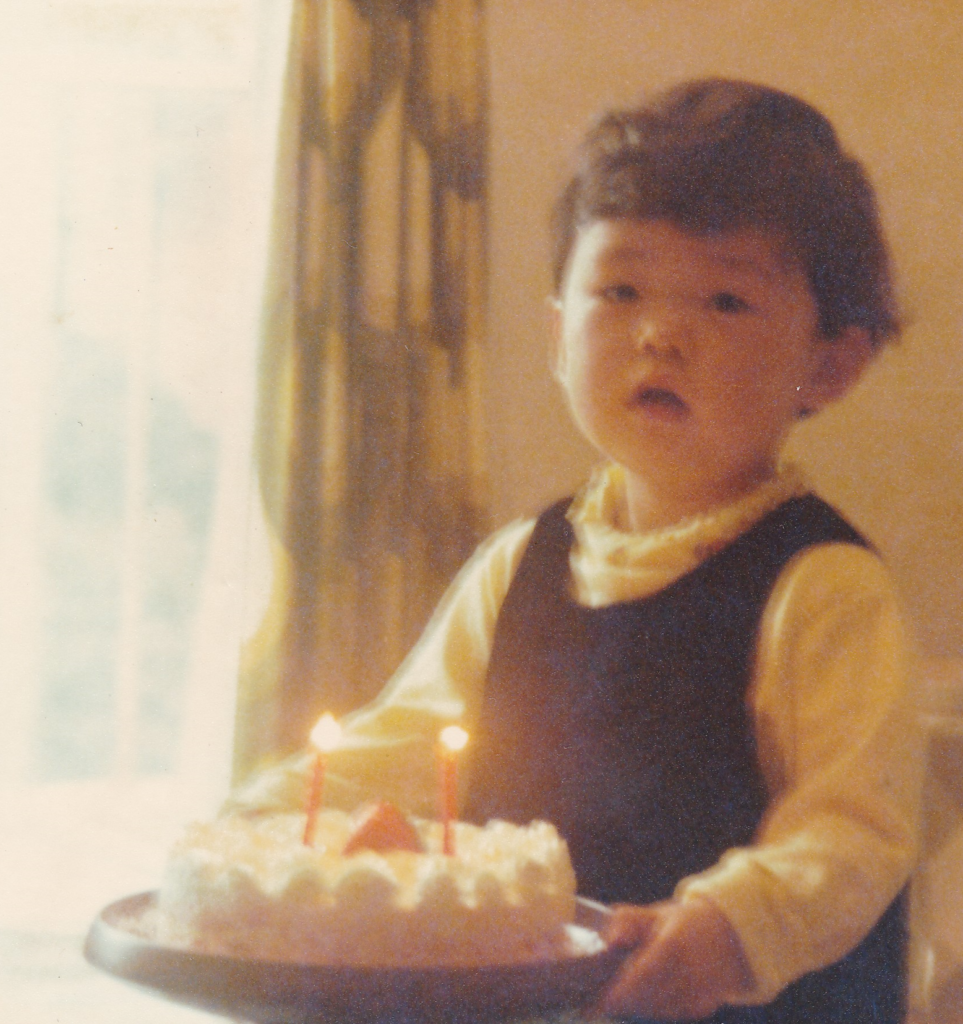This is the English translation of my Japanese article for Nikkan San, a part of my bi-weekly column, “The Way of the Pianist.”
As the first born to an international banker and his wife, I lived in Hong Kong between the age of one to six. Between the Japanese my parents spoke, the Cantonese that my nanny spoke, and the outside world in English, I became shy and withdrawn, preferring the upright piano at home to playing outside with friends. By the time I was three, I was playing made-up songs with left hand accompaniment. “Music is a universal language. If you learn to play the piano well, you will be able to make friends with anyone and everyone in the world!” What my mom meant by “universal language” then was the Western classical music. Three decades after the end of WWII, there was no question about the validity of this assumption in any of our minds. She found me a piano teacher at three and a half.

In 1974, pianos were in 10% of the Japanese households. A few years later, Japan exceeded the U.S. to become the world’s biggest producers of pianos. [1]。Back from Hong Kong at the age of six, I found out that the majority of the girls in my new class at an elementary school in Tokyo were taking piano lessons. Every five minute break in between various subjects, music permeated each classroom. Girls made lines to play the pedal organ in every classroom, taking turns to play the Flea Waltz and other short, popular, and easy tunes. None of us knew or cared that, at that point, Japan had been open to Western influences only about a century and a few decades; nor that for more than two hundred years until the mid-nineteenth century, it was an autonomous country with its own unique culture and traditions. In 1986, Midori made the international headlines, (The New York Times frontpage article’s read “Girl, 14, Conquers Tanglewood with 3 violins”) after spectacular recoveries from two broken strings in the middle of her performance on one of the world’s biggest stages. I could not have been the only elementary school student from Japan, who said to herself quietly that someday that was going to be me.
I am beginning to understand my own life’s journey in the context of its historical background. I have always wondered what it meant for a Japanese-born, US based me to play the piano, and not the koto or the shamisen. When I came to understand the deep-rooted misogyny and racism that was inherent to the history of classical music that resonated with my own experience in the industry, I wondered if it was ethical for me to continue my path as a pianist at all. But I now think a bit differently. In every civilization, at every point and time, societies always dedicate a small portion of its manpower to pursue the practices of the arts and spirituality for a good reason. As the world today draws its inspiration and directions from the Way of the Samurai, I think perhaps that my practice, too, may serve as a bridge between the Occident and the Orient, institutions and individuals, and logic and senses.
Some highlights from my recent concert at a local library branch.
[1] Tanaka, Tomoaki. (田中智晃) The Competition Superiority in Japanese Manufacturing of Musical Instruments: The Economic Growth and the Marketing Strategy that Enabled the Piano and Reed Organ Market (日本楽器製造にみられた競争優位性: 高度経済成長期のピアノ・オルガン市場を支えたマーケティング戦略), March, 2011. The History of Economy (経営史学), 45th Volume, 4th Installment, 第45巻第4 号、Page 52.
Makiko-San,
Your gift, combined with all of your effort and dedication, are evident since a very young age! Your memorization ability is also equally astounding. Thank you for posting these videos, I absolutely love them!
Manuel
Thank you Manuel,
If you would like to watch the whole video from my recent recital, please copy-paste this link.
https://youtu.be/bXqv5s0nInQ
Makiko
Pingback: 美笑日記2.16:日本人ピアニストの歴史的背景 - "Dr. Pianist" 平田真希子 DMA
Dear Makiko,
I wish I had known one could find a piano teacher that would take a 3 year old. Our daughter started to play by ear at that same age, but I waited…when she did begin to take lessos she chose the violin instead. I remember you SO well on the Stella Solaris, and your brief lesson for me about a Chopin piece, which illustrated how sadness was registered by music which descended a half note at a time. It was somber but beautiful, but now I would like to be lifted out of a morning depression with an opposite piece of music.
Ione Moran
And I remember YOU so well, Moran! And music reminds us, at our loneliest of times even, that we are not alone.
And I have JUST the piece/video for you 🙂 https://youtu.be/eSWpDLA77bY
Thank you for your comments – I’ll be thinking about you, wishing you well.
Makiko